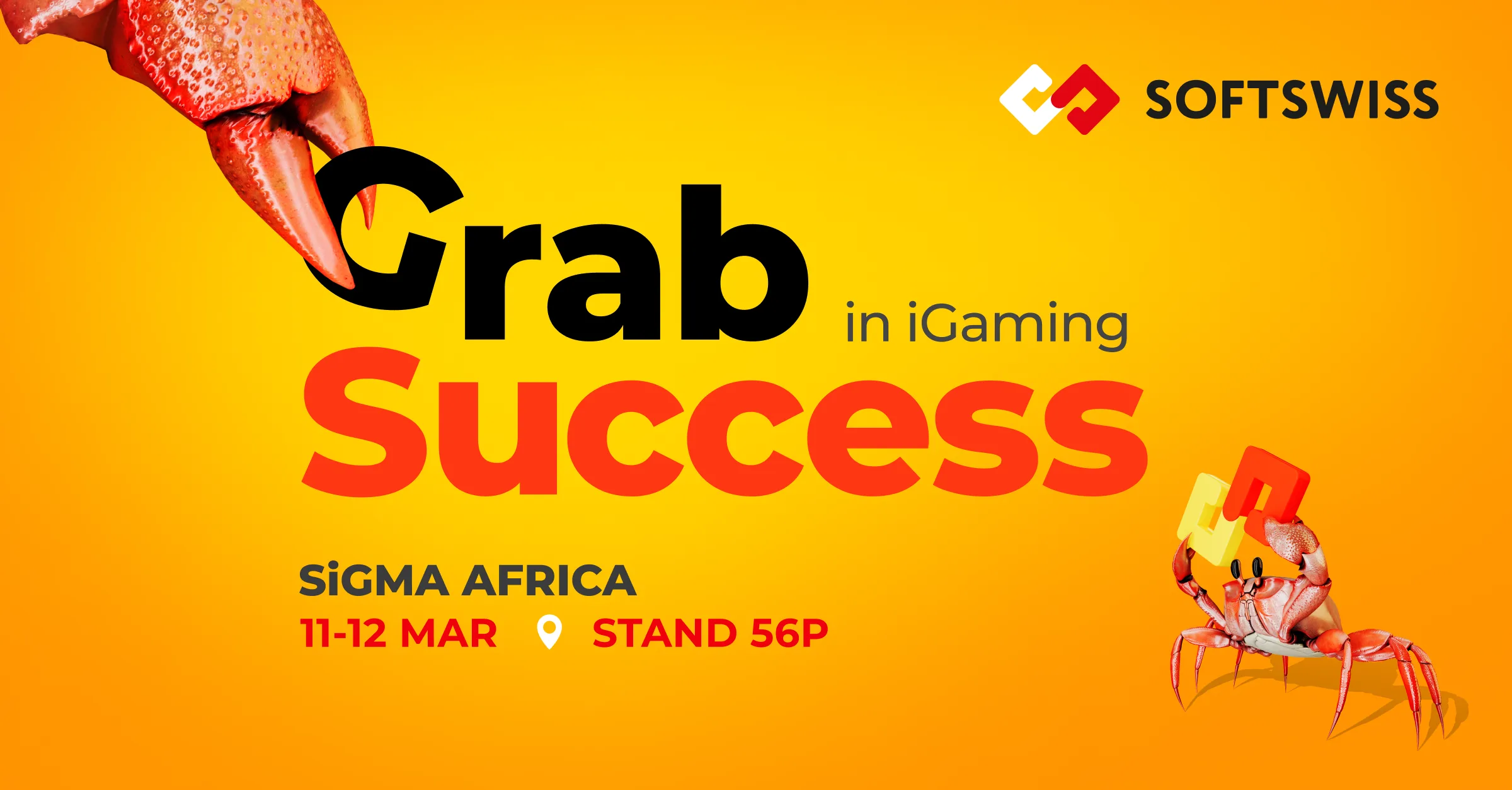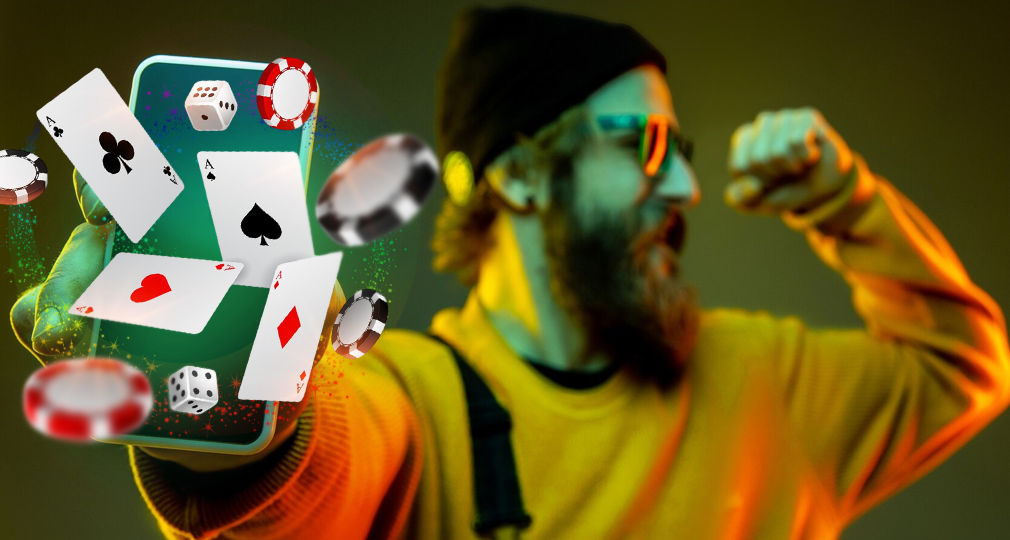For centuries, people have tried to beat gambling systems, both legally and illegally. Surprisingly, many of the techniques used by modern gamblers and fraudsters bear a striking resemblance to those employed decades or even centuries ago.
However, with the rise of big data and advanced technology, one might wonder whether today’s players have access to entirely new tools compared to their predecessors. This brings us to the evolving relationship between gambling and scientific advancements.
Why Science and Gambling Intersect
The connection between mathematics and gambling has intrigued people for ages. Many enthusiasts of probability theory see betting as a way to test theories of chance and risk in real-world scenarios. The advent of powerful computing systems and artificial intelligence has only intensified this relationship, allowing gamblers and analysts to employ sophisticated models to predict outcomes more accurately.
Over the past few decades, specialized firms focusing on sports betting have emerged, utilizing mathematical models and predictive algorithms to gain an edge. What was once an intuitive game of chance has evolved into a data-driven industry, where AI plays a significant role in poker, sports analytics, and financial predictions.
How Gambling Strategies Have Evolved
One of the biggest changes in the gambling world has been the accessibility of vast amounts of data, along with computational advancements that enable predictive modeling. While scientific approaches to betting were once mostly associated with counting cards in casinos, they have now expanded into broader areas:
- Advanced Sports Analytics: Teams of data analysts now scrutinize events in football, hockey, and other sports, once considered unpredictable, to uncover patterns that increase betting accuracy.
- AI and Poker Bots: Artificial intelligence has created poker-playing programs that outperform human players, challenging traditional beliefs about strategy, bluffing, and decision-making.
- Finance and Gambling Overlap: The integration of trading algorithms in betting platforms blurs the line between financial investments and gambling, raising questions about where skill ends and luck begins.
Why Lesser-Known Sports Offer More Betting Opportunities
In sports betting, players are competing not just against bookmakers but against other bettors. To consistently win, one must find scenarios where the odds are misaligned with reality. In major sports markets, extensive analysis reduces such opportunities. However, in lesser-studied sports like golf and cricket, odds are often less precise, creating opportunities for those with specialized knowledge.
Historically, the most successful bettors have been those who explored neglected areas where conventional wisdom had not yet caught up with statistical reality.
The Influence of Social Trends on Gambling
The unpredictable nature of luck is not confined to gambling alone. Studies in sociology and behavioral science show that chance and social influence shape outcomes in business, finance, and entertainment.
For example, a well-known study on music popularity revealed that the success of a song is not solely dependent on quality but also on early social momentum. When a song initially gains traction, its visibility leads to a snowball effect, making it even more popular. Conversely, a great song might go unnoticed if it does not receive early attention.
The same principle applies to gambling. Sometimes, a bad decision can yield positive results due to sheer luck, while a sound strategy might fail due to unforeseen circumstances. The key to long-term success in betting, finance, and even business is the ability to distinguish between luck and skill, recognizing when results are driven by chance rather than sound decision-making.
Conclusion: The Future of Gambling and Science
Gambling is no longer just about instinct and gut feelings. The fusion of science, mathematics, and technology has reshaped the landscape, turning betting into a complex field that blends probability theory, machine learning, and behavioral psychology. As artificial intelligence continues to evolve and predictive models become more refined, the gambling industry will likely see even greater reliance on data-driven decision-making.
While luck will always play a role, those who understand the deeper mechanics of probability and prediction will have an undeniable advantage. The question is not whether gambling can be beaten, but rather how science will continue to change the way we play the game.
Read more: Popular casino games














